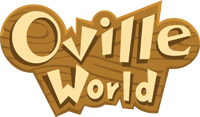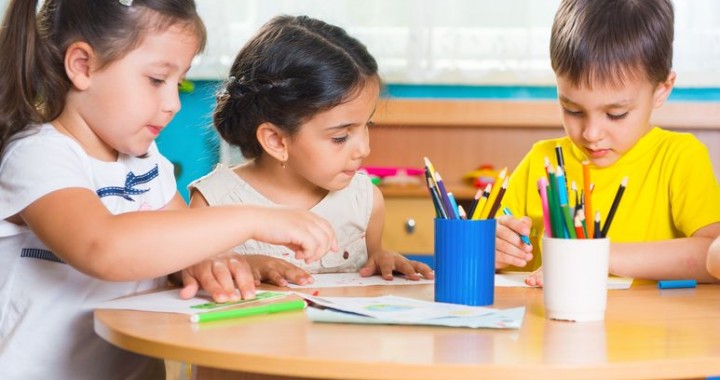In order to prepare your child for the educational process, it is important to emphasize that preschool isn’t a place to go just to have fun. Explaining to a child what preschool means and why it’s important to learn as much as they can, while expressed in an exciting way, can be an encouraging factor in giving them something positive to look forward to.
Preschool classes encompass reading to the children. A parent can help a child’s listening skills by reading to them at bedtime. This will afford them the opportunity to be able to read later on because they have become familiar with books and phrases within books. For example: Nursery rhymes are a great beginning in the reading process. Once read over and over, your child can repeat certain phrases he or she has heard and complete sentences when asked.
In preschool, the teacher will often read a story half way and then ask the children what they think will happen next. This is important not only to enhance their listening skills, but their cognitive skills as well. The art of listening is also important for children to be able to follow directions from the teacher. You can use this technique at home as well by directing your child to do a certain task to determine if he or she has listened well and understood your directive.
Preschoolers need to develop not only listening skills, but be able to incorporate visual and motor skills as well. This will help them to be able to write later on. Having tools such as paper and crayons at home can be used to encourage a child to use his or her skills to draw, paint, and become creative in thinking, visualizing, and then putting the ideas to paper.
While preschool isn’t all fun and games, the methods used are meant to develop a child’s critical thinking skills, while at the same time presenting these methods in a fun way so that the child can learn and absorb that which is being taught.





